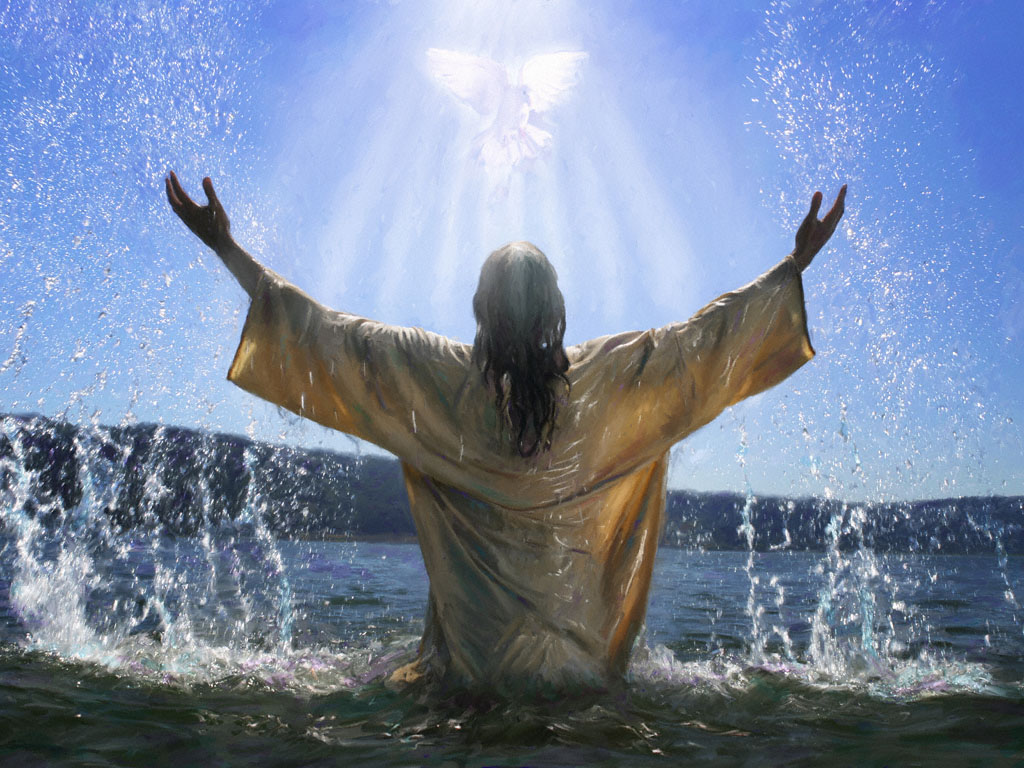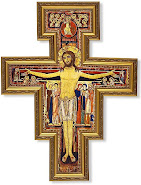Burden to the Economy?
Below is an exerpt from a conversation between George Stephanopoulos and Nancy Pelosi on ABC's This Week.
STEPHANOPOULOS: Hundreds of millions of dollars to expand family planning services. How is that stimulus?
PELOSI: Well, the family planning services reduce cost. They reduce cost. The states are in terrible fiscal budget crises now and part of what we do for children's health, education and some of those elements are to help the states meet their financial needs. One of those - one of the initiatives you mentioned, the contraception, will reduce costs to the states and to the federal government.
STEPHANOPOULOS: So no apologies for that?
PELOSI: No apologies. No. we have to deal with the consequences of the downturn in our economy.
How long before we start emptying the mental health care facilities because they are a "burden to the economy?" How about the convalescent hospitals? In fact, why don't we just have the family with five children pick their favorite three becuase the other two are too expensive? Where do we draw the line?
 "For from the rising of the sun to its setting my name is great among the nations, and in every place incense is offered to my name, and a pure offering; for my name is great among the nations, says the Lord of Hosts." - MAL 1:11
"For from the rising of the sun to its setting my name is great among the nations, and in every place incense is offered to my name, and a pure offering; for my name is great among the nations, says the Lord of Hosts." - MAL 1:11

 "Let us do honor to Christ's baptism and celebrate this feast in holiness. Be cleansed entirely and continue to be cleansed. Nothing gives such pleasure to God as the conversion and salvation of men, for whom His every word and every revelation exists. He wants you to become a living force for all mankind, lights shining in the world. You are to be radiant lights as you stand beside Christ, the great light, bathed in the glory of Him who is the light of heaven. You are to enjoy more and more the pure and dazzling light of the Trinity, as now you have received-though not in its fullness-a ray of its splendor, proceeding from the one God, in Christ Jesus our Lord."
"Let us do honor to Christ's baptism and celebrate this feast in holiness. Be cleansed entirely and continue to be cleansed. Nothing gives such pleasure to God as the conversion and salvation of men, for whom His every word and every revelation exists. He wants you to become a living force for all mankind, lights shining in the world. You are to be radiant lights as you stand beside Christ, the great light, bathed in the glory of Him who is the light of heaven. You are to enjoy more and more the pure and dazzling light of the Trinity, as now you have received-though not in its fullness-a ray of its splendor, proceeding from the one God, in Christ Jesus our Lord." On Friday, January 2nd at 6:23pm, Melissa and I welcomed Catherine Siena Guillen into our arms. She was 6lbs. and 2oz.
On Friday, January 2nd at 6:23pm, Melissa and I welcomed Catherine Siena Guillen into our arms. She was 6lbs. and 2oz.











